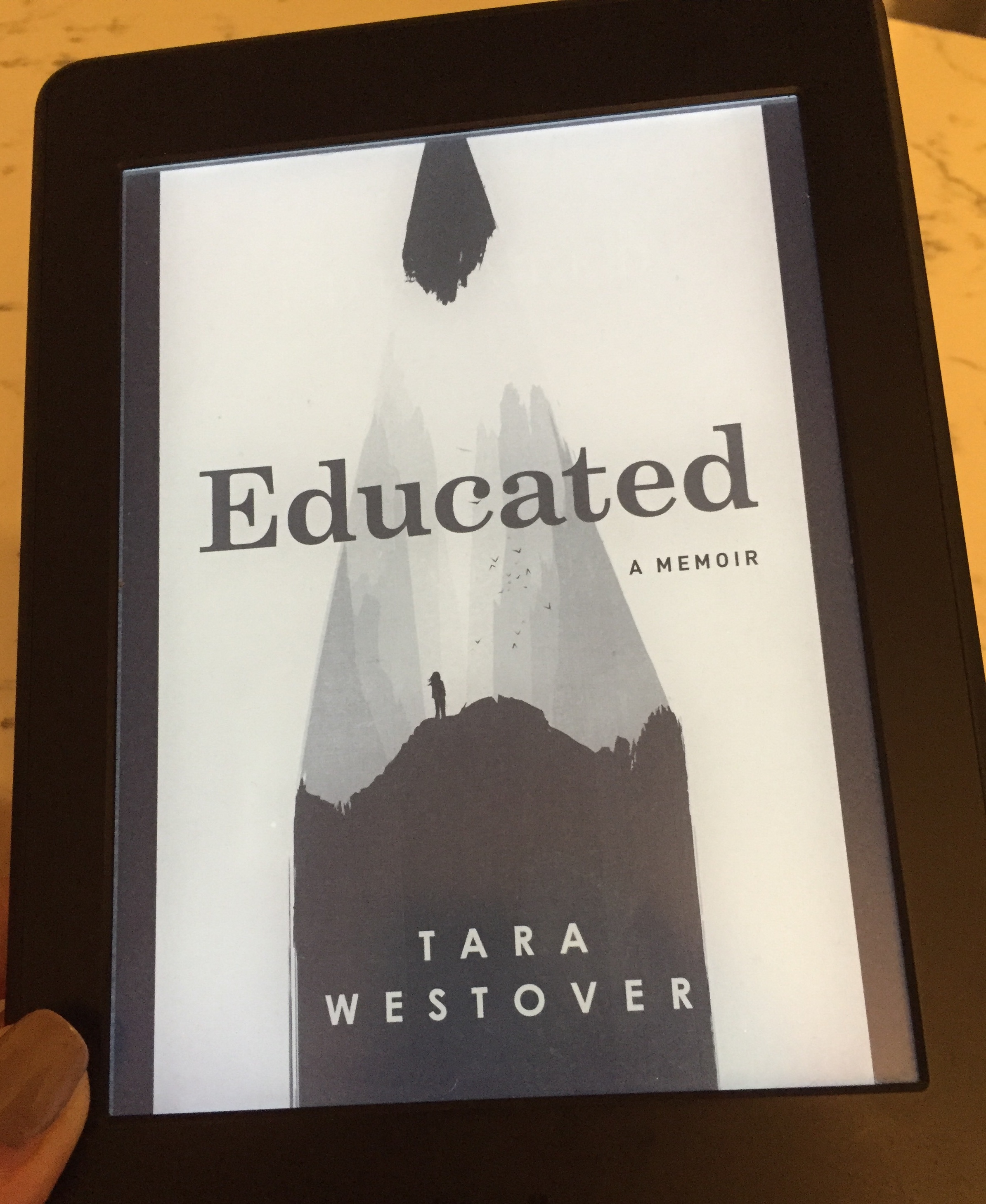In the late 90s I had the opportunity to attend a lecture given by Maya Angelou. I remember the packed room and the hush befalling the audience the moment she stepped to the microphone. No one dared utter a sound or disturb the experience. Her brilliance filled the very air we breathed. It was undeniable. We were in the presence of history.
“I will not stay in a room where there is a racist joke or word,” she said at one point. That stuck with me. Silence is agreement. Silence is participation. She closed her lecture with reciting Phenomenal Woman and I felt complete.
In the last few days I’ve had conversations with two of my friends (all of us are white) about painful confrontations with someone close to us regarding racism. We shared nearly identical stories with the following theme: explaining to the person close to us that they held a racist position/opinion only to be met with denial, anger, defensiveness, and a terrible misunderstanding of the essence of racism.
All of us were emotionally drained and wished desperately that the outcome had been different.
No minds were changed. No one will know of the exchanges. Was it important?
I think the answer is yes. At the heart of the misunderstanding was the assumption that racism consisted only of outward violence or use of derogatory language. But that is far too narrow a definition. Racism can be embedded far deeper.
I heard a clip from Tucker Carlson’s show where he described Black Lives Matter in the following terms: mob, riots, thugs, looters. He then claimed that saying “all lives matter” is Christian and can even be found in the Constitution (“All men are created equal”). It was an outrageous misreading of what “all men” meant when the document was written. A simple glance and knowledge of history can illuminate that the “white” is presupposed here, and that women were not included and a slave was 3/5 a person. Carlson’s attempt to justify his resistance to Black Lives Matter actually pointed us to the reason the movement exists, namely, because not all lives have mattered.
But back to my thoughts that the private conversations are worth the painful confrontation…
Yes. It is important to interrupt racism wherever we find it, even when it is close. It clarifies one’s mind and there is always the hope that the words will sink in once the defensive attitude has time to dissipate from the interlocutor. It is important, as Maya Angelou noted, to let others see you will not be present for racism.
It is also an act of love. Holding a belief that all people are the same, and in a negative sense in particular, disempowers one’s ability to flourish in an authentic way as though the color of their skin were a virtue and the color of others is a vice.
Private conversations are another way to be an ally even if the end result doesn’t yield what you’d hoped. It doesn’t come with a hashtag or a sign but it is valuable.



